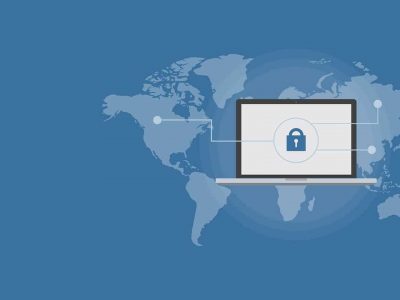DORA (Digital Operational Resilience Act) is a European Union regulation (Regulation (EU) 2022/2554) designed to ensure that financial institutions can withstand, respond to, and recover from information and communication technology (ICT) incidents — whether caused by operational failures, software outages, or large-scale cyberattacks.
Background of DORA
Financial institutions across Europe are increasingly dependent on IT systems, cloud services, and external technology providers. Any disruption or cyber incident can cause severe interruptions to essential financial services and even threaten financial stability.
To ensure a consistent level of operational resilience across the EU, DORA establishes mandatory requirements for managing ICT risks and responding to ICT-related incidents.

Who Does DORA Apply To?
The regulation applies to a wide range of financial entities within the European Union, including:
- Banks, insurance companies, and investment firms
- Fund managers, credit institutions, and risk management companies
- Payment institutions, fintech companies, and digital asset trading platforms
- External ICT service providers offering critical services to financial institutions
Even organizations outside the EU that provide services to financial institutions within EU member states must comply with certain DORA requirements to maintain regulatory alignment and trust.
Objectives of DORA
The framework aims to establish a uniform level of digital operational resilience across the financial sector and ensure that every financial entity can:
- Identify, manage, and mitigate ICT risks
- Respond swiftly and effectively to cyber incidents
- Maintain business continuity during technological disruptions
- Conduct regular resilience testing and assess external providers
Core Pillars of DORA
| Domain | Key Requirements |
|---|---|
| ICT Risk Management | Policies and procedures for identifying, managing, and mitigating technological risks, including business impact analysis and recovery plans (BCP/DRP). |
| Incident Management | Mechanisms for reporting, classifying, documenting, and responding to major incidents to regulators. |
| Resilience Testing | Regular system resilience assessments against failures and cyberattacks, including TLPT (Threat-Led Penetration Testing). |
| Third-Party Risk Management | Mandatory contractual obligations with service providers, oversight of critical suppliers, and shared accountability. |
| Information Sharing | Promotion of cyber threat intelligence sharing between entities under proper regulatory safeguards. |
Beyond the EU: The Global Impact of DORA
Although DORA is an EU regulation, its influence extends far beyond Europe. Non-EU organizations collaborating with European financial entities will likely adopt parts of the framework to maintain compliance, ensure trust, and align with international regulatory standards.
Conclusion
DORA represents a major step forward in enhancing digital resilience and achieving regulatory harmonization across the financial sector.
By integrating risk management, technological defense, third-party oversight, and regular testing, DORA strengthens systemic stability and public confidence in financial services.
Early preparation, accurate documentation, and a resilience-focused organizational culture will be key to achieving compliance and reinforcing long-term digital strength.




